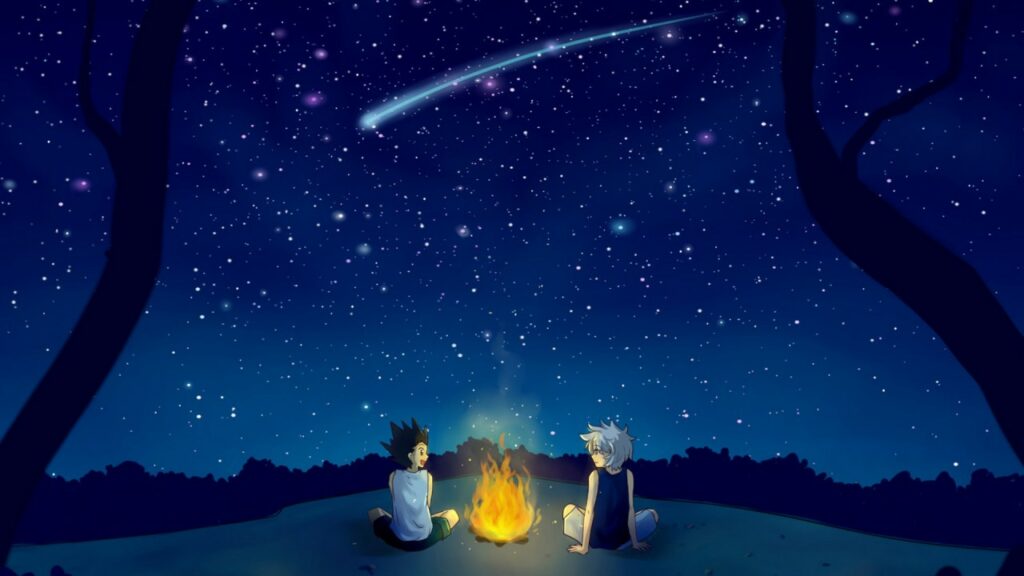“Literature is the most agreeable way of ignoring life”
How can a book like Fahrenheit 451 stay relevant after being published over sixty years ago? It is well known that comedy ages fast due to the shifting culture from generation to generation; however, do allusions in fictional literature have to face the same fate as comedy? Is it the use of universal allusions towards the Bible and mythology that makes Fahrenheit 451 relevant, or is it the timeless debate it ignites over ignorance and dystopian societies?
What purpose do the Bible and religion serve in Fahrenheit 451? Is religion good for society? Was religion portrayed in a positive or negative light in this book? Can anybody use the Bible to fit their purpose? Can it be argued that the pulpy commercialized version of Jesus was only used to control people? Does this bear any resemblance to what Carnegie in the movie Book of Eli tried to do? Is Montag pleased after going through a set of hardships like Job did in the Bible? Does Montag resemble the preacher in Ecclesiastes? Was Montag a successful preacher at spreading literature to others? Was Montag ever able to clear the Tower of Babel in his own head? Is it reasonable to say that religion was destroyed since only the Book of Ecclesiastes was preserved? Do you need to have the entire book for its full meaning to be passed on? Will the Bible ever lose relevance in society? If the Bible or Shakespeare were to be updated to more closely resemble the modern English language, would its meaning be transformed? Would it be ethical to do? Does the King James version of the Bible convey its message exactly the way the original version did? Was anything lost in translations? Does literature have a half-life? Why is it that the older a book is, the harder it is to understand? If that is the case, then why is the Bible still relatively easy to read and understand? Will Montag and the group of professors have to do their own rewriting of the Bible? Is it the wording or meaning behind a work of literature that makes it so meaningful? Does the extent to which its meaning is transformed vary between the Bible and a work of Shakespeare? Would future rewrites of the Bible render the allusions in Fahrenheit 451 indistinguishable?
Is ignorance good? Do we keep ourselves willfully ignorant over what we do not want to deal with? Does ignorance make us happy? Who was happier, Mildred with her artificial family or Montag bearing the burning burden of knowledge? Is knowledge worth more than ignorance and happiness? Is it ethical for the government to keep us ignorant about a situation if it means that we will remain happy? Did the government keep people ignorant about the consequences of war to keep the masses happy or maintain control? Would our government do the same thing? If everyone is ignorant, then who runs the country? Is it even possible to keep everyone as ignorant in the information age as they are in Fahrenheit 451? Does the information age lead to different types of ignorance? Are we in our own ways ignorant to things happening outside of our own bubbles? Is it possible not to be ignorant? What is the difference between willful ignorance and just being ignorant? Were the masses in the book ignorant or willfully ignorant? Why is willful ignorance so dangerous? Does willful ignorance burn away at society’s achievements? How would you measure society’s achievements? If you measure achievement in people’s happiness, then is it better to be ignorant? Could everybody be willfully ignorant? If you chose not to know something, are you really ignorant of it? To what extent does turning your nose to something hinder your knowledge of it? Did Beatty choose to stay ignorant of the benefits of books to rationalize his job? How is Beatty’s ignorance different from the ignorance of the depraved youth in this society? Did Mildred’s friends only cry and get upset at Montag when he read Dover Beach because they wanted to stay ignorant, or was the realization of their ignorance emotionally too much for them? Why is ignorance a universal topic to write about? Will we always have an issue with ignorance?
How long will Fahrenheit 451 stay relevant? Does the book retain its full meaning without any of the allusions making sense? Will we ever win the battle against ignorance? Does knowledge really equate to power or just the illusion of it?

